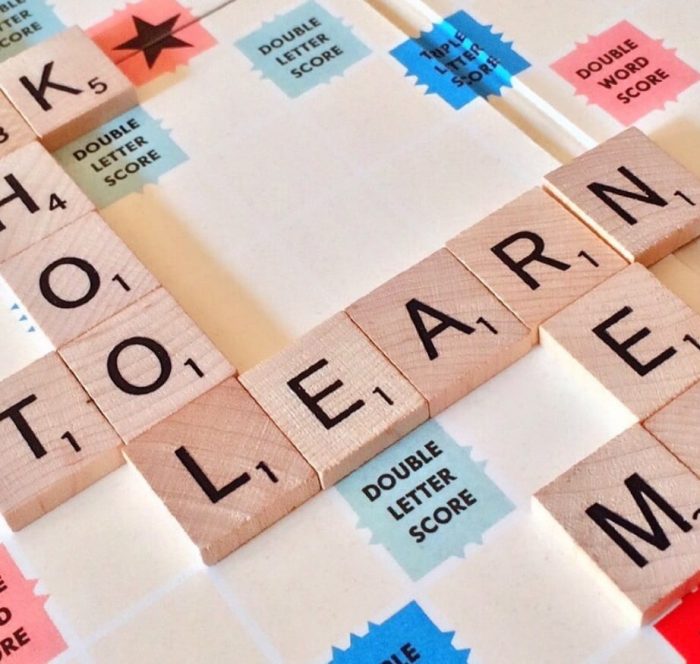Want to improve your English and speak confidently?
Try our English language courses across the UK, USA and Canada.
Connecting words and phrases in the English language is one area you will need to master, as you are learning the language. The English language is difficult, but hopefully, this short article will help you understand how to use linking words and phrases correctly.
When Would You Need to Connect Words and Phrases in English?
Words and phrases need to be connected for a variety of reasons. For example, you may want to make a comparison, contrast, show purpose or demonstrate condition. Most of the connectives, words that form the connection, are used to join two clauses together or start a new sentence expanding on the previous statement.
Linking Clauses Within A Sentence
The words included here are used when you want to join two parts of the sentence together.
Although/even though
- Although she is old, she can still run far.
Even if
- She is pretty and single, but even if she wasn’t pretty, she would still be single.
In case
- You might want to take flat shoes; in case you want to dance later.
In spite of/despite
- In spite of/despite the fact she was busy, she still made time to volunteer.
So that
- He took a large umbrella so that if it rained, he wouldn’t get wet.
Whatever
- You can rely on me whatever happens.
Whereas
- Samantha has a dog, whereas Billy does not.
Whenever
- I would lend money to you whenever you need it.
Wherever
- I will still care for you wherever you go.
Above are different word choices you may use when you are linking two parts (or clauses) of a sentence. This list is by no means extensive and you may find other connectives that fit your subject better. These are just a few examples to show you some different connectives and how they can be used within a sentence.
Linking Two Separate Sentences
The linking words and phrases included here are used when you want to link two complete sentences together. Remember, if a connective word starts the sentence it should be followed by a comma. The words in this section will be grouped, as they can often be used in place of one another.
As a result/Consequently/Furthermore
- The company is growing. Consequently, there will be more jobs on offer.
Besides/Furthermore/In addition/More over
- The holiday is too expensive. Besides, I don’t really want to go.
However/Nevertheless/Nonetheless
- The shop was open. However, nobody came to the kiosk.
In the same way/ Likewise/ Similarly
- I believe that teenagers are respectful. Similarly, research has shown this.
The above words can be used if you are linking two separate sentences together. As stated before, the list is not exhaustive. However, this should give you a good idea of the connectives out there and the way to use them to join two sentences.
In Summary
The English language is tricky to learn and connecting words (or connectives) are part of that. Hopefully, there are enough examples of linking words and phrases included here to get you started. You may even be able to add more to the list yourself.



